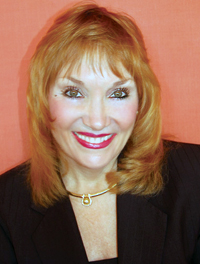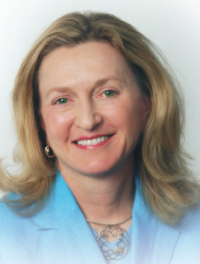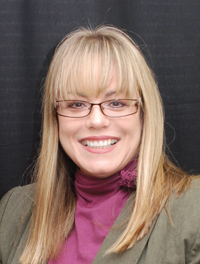
Lucinda B. McKechnie, RDH, BS, has been practicing clinical dental hygiene for more than 40 years. In addition to clinical practice, McKechnie has been active in academia, altruism, and continuing education. She has presented programs in periodontal therapy at the University of Pennsylvania School of Dental Medicine in Philadelphia, as well as professional meetings and private practice settings. McKechnie has lectured at the Institute for Advanced Dental Studies in Swampscott, Mass, and served as a clinical instructor and lecturer at the University of Vermont School of Dental Hygiene in Burlington. She has visited Vietnam three times over the past 3 years to donate her time and clinical skills with Operation Smile, an international children’s medical charity that provides cleft lip and palate surgeries to those without access to treatment.
What have been some of your biggest accomplishments in clinical practice?
Aside from successful patient treatment resolution, I am proud of my involvement in continuing education. I stay up-to-date on current literature, and I attend continuing education symposiums. This love of learning has improved my ability to communicate with patients and explain specific therapeutic interventions. I once had a patient comment: “You care more about my teeth and health than I do!” I think patients trust the treatment plans I design for them, including referral for collaborative care. There is also something to be said for “practice makes perfect.” I have been practicing a long time!
What do you think has changed the most about clinical dental hygiene since you began practicing?
I had the good fortune of attending an expanded function course in periodontal therapy within a few years of graduating from dental hygiene school. While I consider my traditional dental hygiene education to be comprehensive, the post-graduate experience changed the way I practice. I went from what I refer to as a “conveyor-belt dental hygienist,” with little variation in approach, to a provider of individualized care, which is reflective of current clinical dental hygiene practice.
What advice would you give to new graduates who want to achieve a long-lasting career in dental hygiene practice? A First and foremost, further your education! Today’s treatment challenges require discerning, risk-based patient assessment and management. Second, diversify your experience. The time I spent as a faculty member, publisher, continuing education lecturer, corporate advisory board member, and volunteer has sustained my enthusiasm for dental hygiene for 4 decades.
What is a periodontal therapist?
The term periodontal therapist was coined in the 1970s to describe dental hygienists who had received expanded function training in periodontal therapy—for example, local anesthesia, scaling and root planing with advanced fulcrum positioning, and definitive outcome evaluation. Today periodontal therapists and dental therapists are distinguished by the focus of their practice.




